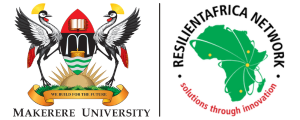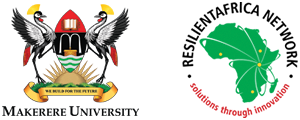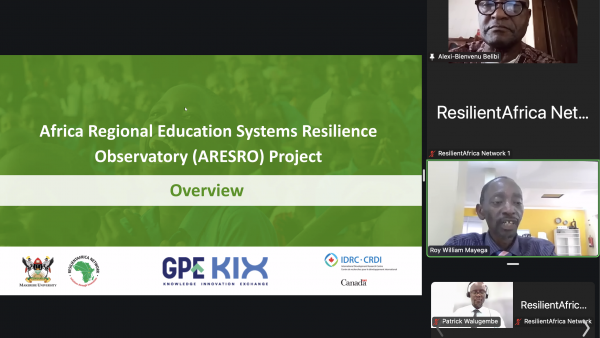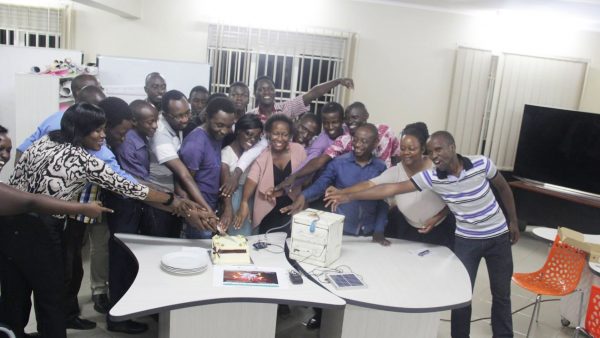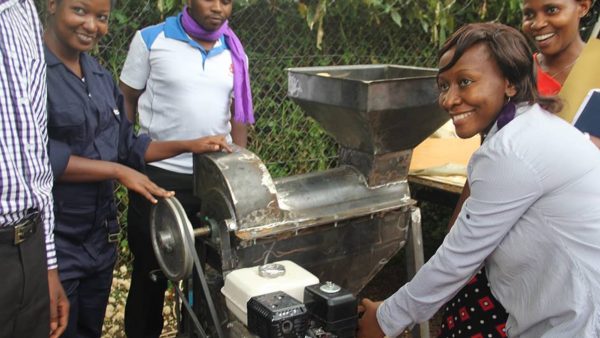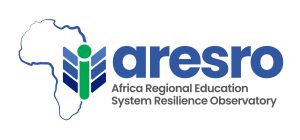


Imagine a classroom in a remote village, disrupted by a sudden flood. Or a school in a bustling city, grappling with a disease outbreak. These are just a few of the challenges that can shatter the fragile foundations of education systems across sub-Saharan Africa. In a world facing increasing uncertainty and disruption, ensuring that education systems can withstand shocks and continue to deliver quality learning is more critical than ever.
This is where the Africa Regional Education Systems Resilience Observatory (ARESRO) comes in. ARESRO empowers education systems across sub-Saharan Africa to withstand these shocks and disruptions, ensuring continued learning for all children.
Our Vision, Mission, Goals, and Objectives
ARESRO envisions transforming education systems in GPE partner countries across Africa into resilient entities. We empower them by providing the insights and resources necessary for this transformation. Our efforts center on understanding and anticipating challenges, developing effective mitigation strategies, and fostering collaboration to ensure all children have access to quality education, now and in the future.
Overarching Goal:
To contribute to the improvement of education system resilience in GPE partner countries through evidence-informed programming.
Define and Analyze:
Conduct in-depth investigations into the conceptualizations and practical applications of education system resilience within GPE partner countries.
Anticipate and Evaluate:
Project the potential impacts of future shocks, stressors, risks, vulnerabilities, and capacities on education ecosystems and outcomes, using advanced foresight methodologies.
Develop and Implement:
Identify and champion innovative, effective approaches and strategic planning to proactively address future challenges, enhance resilience, and optimize education systems in GPE partner countries.
Where
ARESRO IS
Uganda
Kenya
Tanzania
Rwanda
Burundi
Somalia
Ethiopia
South Sudan
Eritrea
Madagascar
Mozambique
Zimbabwe
Zambia
Angola
Malawi
Swaziland
Lesotho
Democratic Republic of Congo
Republic of Congo
Central African Republic
Cameroon
Chad
Sudan
Niger
Benin
Togo
Ivory Coast
Burkina Faso
Guinea
Mali
Guinea Bissau
Senegal
Mauritania
Sierra Leone
Liberia
Ghana
Nigeria
Gambia
Our Approach
ARESRO employs a multi-faceted approach to achieve its objectives, combining rigorous research with collaborative engagement and capacity building. We engage in in-depth data collection through a variety of methods, including desk reviews, key informant interviews, and stakeholder workshops. We utilize foresight methodologies to anticipate future challenges and opportunities.
We are committed to fostering a dynamic community of practice by connecting researchers, policymakers, and practitioners across Africa.
Core Strategies
The Africa Regional Education Systems Resilience Observatory (ARESRO) employs a multi-faceted approach to understand and strengthen education resilience across 42 GPE partner countries in Africa. Our core strategies are designed to provide a comprehensive view of current practices and future challenges, ensuring evidence-informed programming
Context Analysis
We are conducting a thorough review of existing literature on education system resilience across all 42 GPE countries.
Formative Assessments
We will use qualitative methods to gain deeper insights into stakeholder perceptions and experiences with education system resilience.
Foresight Analysis
We will explore future trends and potential shocks through systems mapping and predictive modeling.
Stakeholder Engagement and Knowledge Mobilization
We will actively engage stakeholders to disseminate findings and influence policy.
News and Events
Our Partners
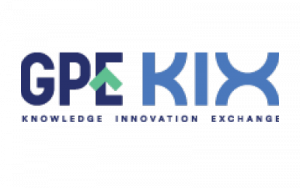
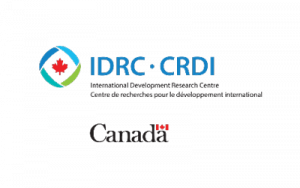

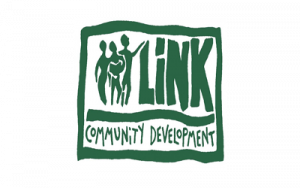
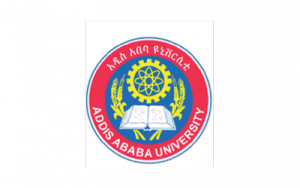
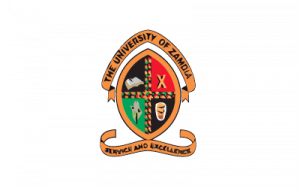
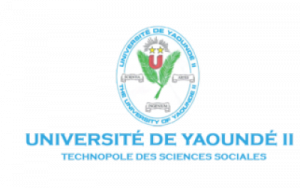
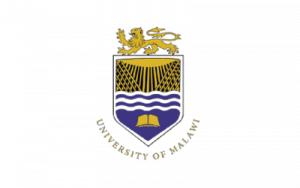
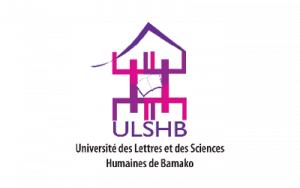
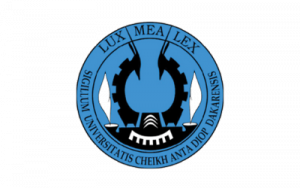
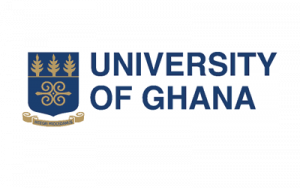
Resources
A collection of relevant resources for policymakers, practitioners, and researchers, such as reports, policy briefs, case studies, and toolkits.
